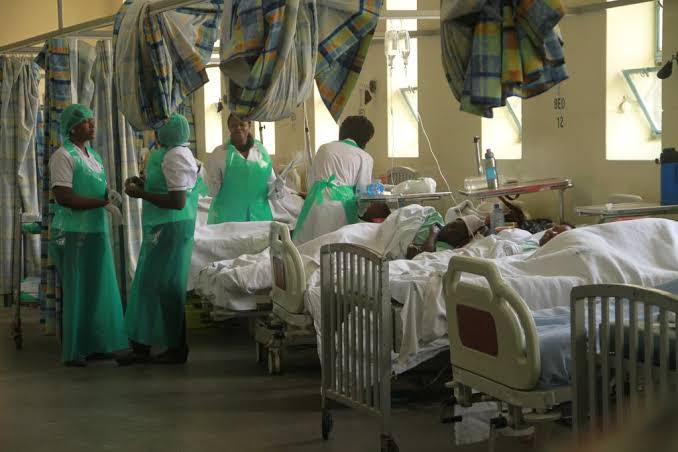Health authorities in Kenya have confirmed a rising death toll from a cholera outbreak that has now claimed at least five lives.
The Ministry of Health has called for increased public vigilance as it works to contain the disease, which has emerged following last year’s devastating floods.
Cholera, a waterborne illness that causes acute diarrhoea, vomiting, and severe dehydration, poses a particularly serious risk to young children.
The outbreak has affected multiple regions, with 97 confirmed cases and six fatalities reported across Nairobi, Kisumu, and Migori counties, according to a recent government update.
“We urge all citizens to remain alert and mindful of their environment as we combat this outbreak,” said Mary Muthoni, a senior health ministry official.
The situation mirrors a broader health crisis in East Africa, where neighbouring countries are also grappling with cholera outbreaks.
South Sudan, in particular, recorded nearly 700 deaths in the previous month, as reported by the United Nations.
In addition to the cholera crisis, Kenya is facing a surge in leishmaniasis infections. Over 1,000 cases have been documented nationwide, with 33 associated deaths.
This parasitic disease, spread by sandflies, leads to severe skin ulcers and can affect internal organs in more severe cases.
It is often linked to poor sanitation and poverty, particularly in densely populated areas.


